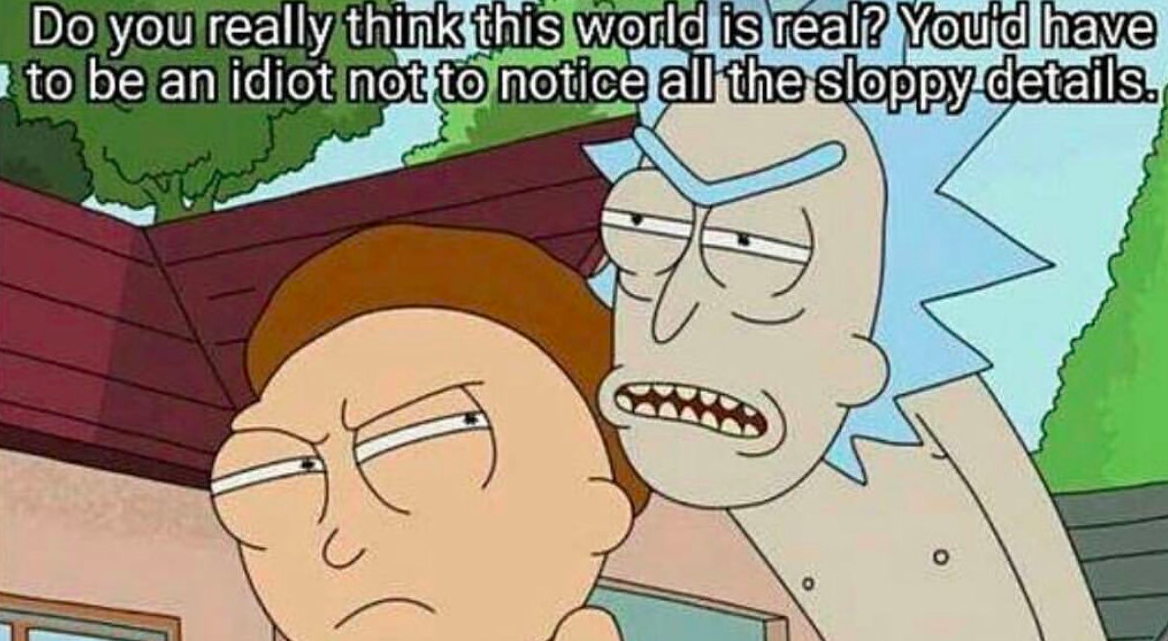In my undergraduate career I was fully convinced something called ‘culture’ existed out in the world, waiting to be delineated and studied if only I could acquire the right tools. As I expanded my methodological repertoire and explored seminars on theory and philosophy, the impossibility of the existence of subjects and objects beyond the systems of discourse and language that call them into being seemed increasingly attractive. For fans of The Matrix, I was taking the red pill and pondering the function and construction of my experience of my own existence.
When bound up in a particular version of reality it can be difficult, and at times feel nearly impossible, to reflect critically on the role of processes that – despite their convenient anonymity –largely determine the version of reality you are exposed to. The structures informing our daily lives often operate undetected because, over millennia, they have been refined to adhere to pre-existing mental structures. It is difficult to reconsider the world you inhabit (and have inhabited for some time now, i.e. your entire life) as highly constructed and inherently contingent. The animated American sitcom Rick and Morty gets at this in one of their episodes in which they face off against aliens, headed by Prince Nebulon, who trap them in an alternate version of reality and even admonish the duo for believing they have escaped only to realize they were in a simulation within a simulation.

